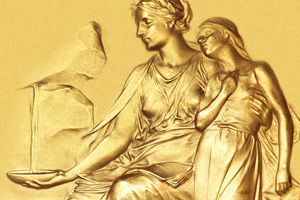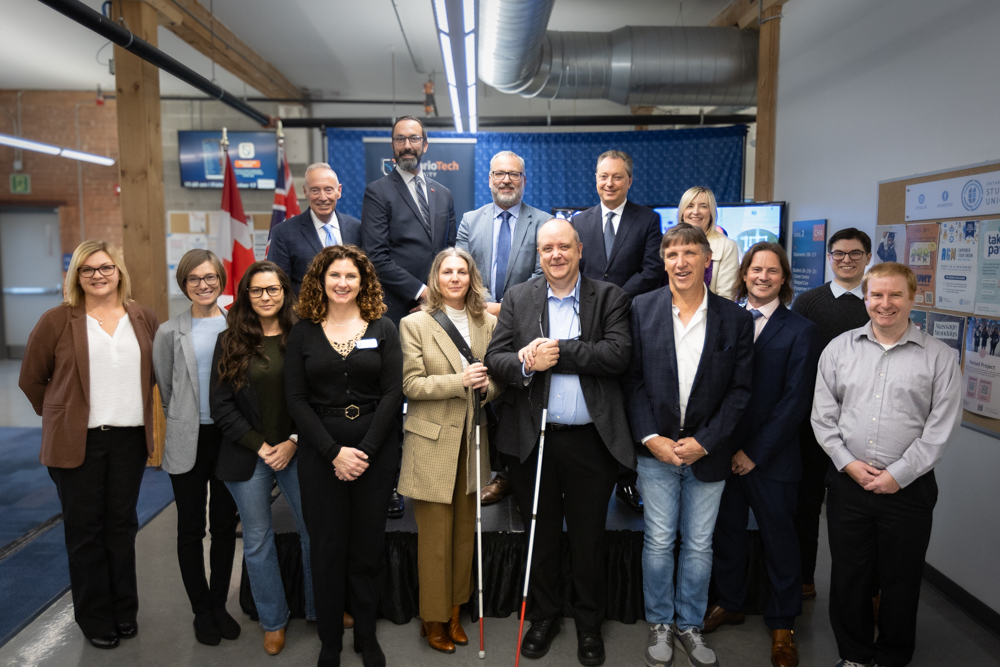UOIT researcher applauds Nobel Prize winners’ discovery on parasite-fighting therapies
October 6, 2015

On October 5, a parasitologist was named as one of three scientists to share the 2015 Nobel Prize in Physiology or Medicine, The significance of this milestone is not lost on Dr. Sean Forrester, a biology researcher at the University of Ontario Institute of Technology (UOIT).
“I am very pleased that the discovery of the anti-parasitic drug Avermectin by Dr. William Campbell (Research Fellow Emeritus at Drew University in Madison, New Jersey) is receiving this type of recognition, as it not only highlights his significant contribution to science but also the importance of parasitology research,” said Dr. Forrester, an Associate Professor with UOIT’s Faculty of Science. “Avermectin has been called a ‘wonder drug’ because it is extremely potent and very target-specific against a number of devastating parasitic diseases that affect hundreds of millions of people annually.”
Dr. Forrester is very familiar with the properties Avermectin and related drugs, as he spent five years studying its molecular target as a PhD student at the McGill University Institute of Parasitology in Montreal, Quebec. He now conducts research that he hopes will lead to the next generation of anti-parasitic drugs.
Dr. Campbell will share one-half of the US$960,000 award with Dr. Satosh Ōmura, Professor Emeritus at Kitasato University in Tokyo, Japan. Their drug discovery has particularly lowered the incidence of human nematode diseases such as river blindness and lymphatic filariasis. The other half was presented to Dr. Tu Youyou, Chief Professor at the China Academy of Traditional Chinese Medicine in Beijing, for her discovery of the related drug Artemisinin, which has dramatically reduced mortality rates for patients suffering from malaria.
“The problem of human parasitic diseases is significant around the globe and this Nobel Prize recognition highlights the enormous impact that new anti-parasitic drug discoveries can have on human health on a global scale,” said Dr. Forrester. “This can only help to raise awareness of this important field of research.”



